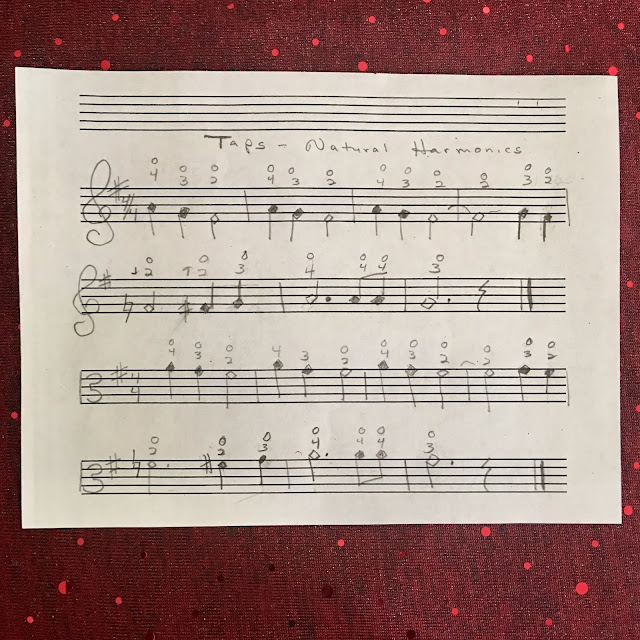Working on self esteem and accepting criticism through music
Annie Barley Givler article in Suzuki Association of the Americas Journal Vol. 51, No. 3
Her article's key idea is to "separate child from instrument".Instead of saying
You need to shift
Take out you
Now you have direction: "Here is the place to shift"
“Downplay the performance
Elevate the preparation”
Give leader leadership opportunities with less advanced students
Allow feelings to be expressed without judgment.
From Sara:
Being able to use music to express emotion and deal with the ups and downs of living is one of the many valuable benefits of learning an instrument.
When a bow is crooked I have the child watch in the mirror so they can see what is happening or I have the mother do a short video so the student can observe. They love that they are "the boss of their bow" and can make it behave. Children get to be the boss of very little so it helps them assert control and be in charge for a change.
Some children are so hard on themselves they are almost paralyzed to inaction. Learning to accept working toward a goal rather than being perfect the first time is helpful. Learning to see learning the instrument as a marathon rather than a sprint is helpful. Sharing their music and getting appreciation for the effort is huge.
A variation on a standard book recital is a sibling or friend recital where each child plays alone and there are also pieces that are played together.
Another parent realized that the ultra shy student did not want to play alone so they invited some friends for a Book 1 playin complete with sandwiches and ice cream at a local park. This was a great solution for that student and the preparation helped elevate her skills.
Seeing music as a gift to share changes the dynamic from a chore to a valued service. I encourage the students to play for neighbors or relatives who can't get out to concerts. One family played every Sunday at the local care center for years. The children developed confidence as well as ability.
Everyone makes mistakes and the key is to fix the mistake rather than having the student feel threatened or their worth as a person being questioned. That is why the point above is so important about separating the instrument and the student. "You played bravely and we can work on getting that tricky passage better" works better than "You made a mistake in measure 20."
Learning to accept criticism as a way to improve and crucial for anyone striving to become better at a task. It is one of the big benefits of studying a musical instrument.





Comments
Post a Comment